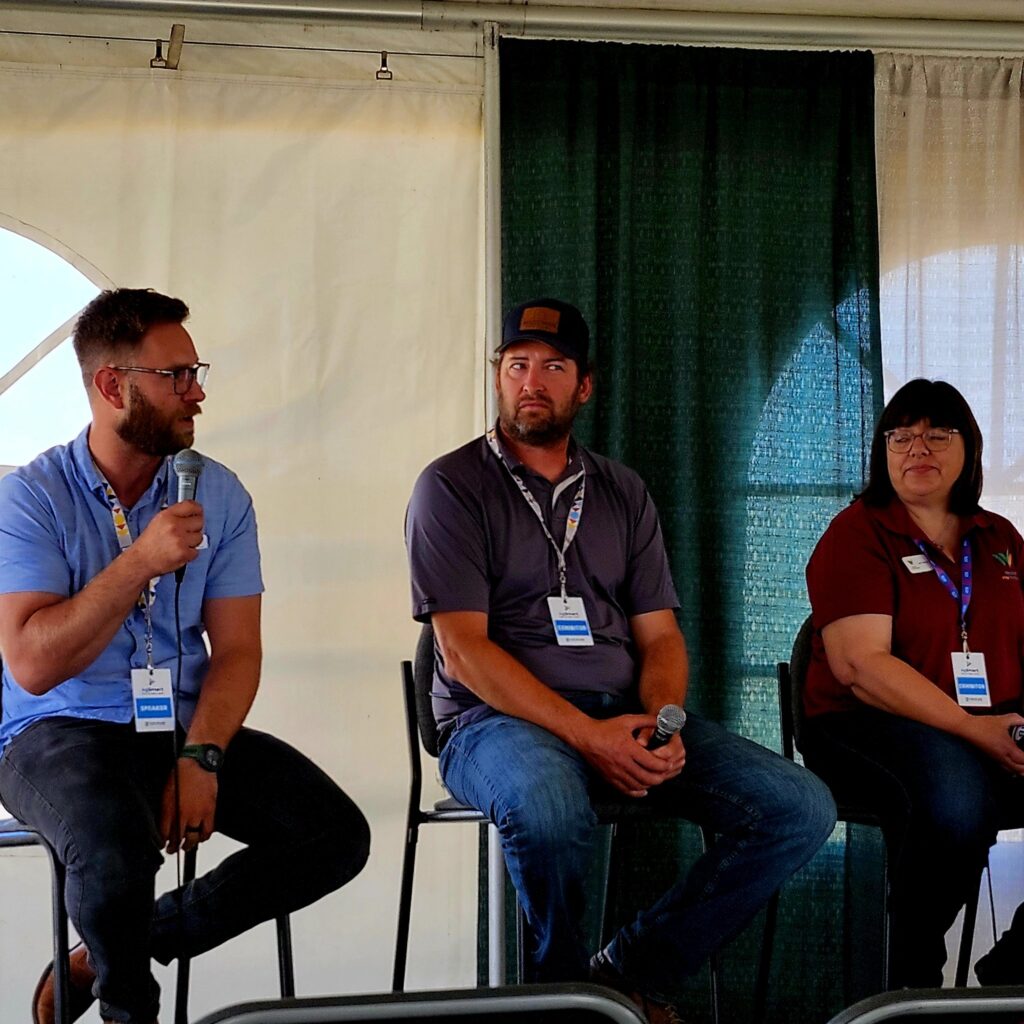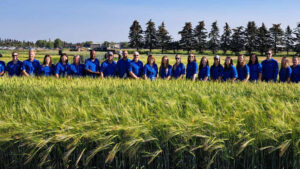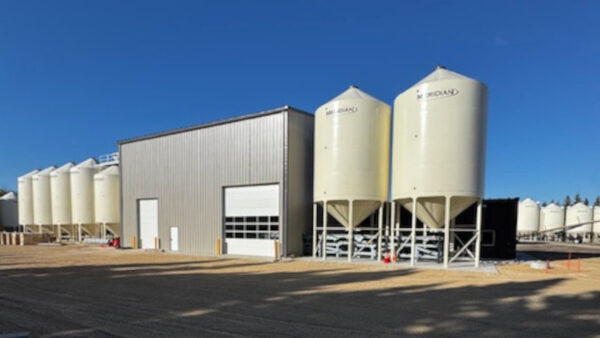As general manager of SeedNet, Jeff Jackson understands the critical importance of breeding locally and regionally adapted varieties. He knows the consequences of losing this capability are stark for growers.
“For me, the number one consequence is probably competitiveness,” he says. “In the world marketplace, it’s a global market that farmers deal with, and if we don’t have varieties targeted to our specific climate, issues, and pests in Western Canada, our producers could become uncompetitive on the global stage.”
SeedNet’s recent membership in Western Crop Innovations (WCI) is a strategic move to bolster this competitiveness. In an interview last week at AgSmart, Jackson emphasized the broader value of this collaboration.
“It’s about ensuring that we have appropriate varieties or cultivars that perform when needed, bringing value to the entire value chain, from seed to end users,” he says. This partnership is not just about benefiting SeedNet but also about supporting local producers and the entire agricultural ecosystem in Western Canada.
WCI focuses on breeding crops like feed and forage barley and tritcale (it’s the only dedicated breeding program in Western Canada for both crops), and Jackson sees incremental improvements as the key to future success.

“We strive for incremental improvements,” he notes. “Targets such as enhanced drought tolerance and yield stability, regardless of weather patterns, are what will bring significant value to producers here.”
In an era of changing climate and global competition, SeedNet’s commitment to local adaptation and continuous improvement is essential. Other organizations have recently announced membership in WCI, including Alberta Beef Producers and Alberta Grains.
Through strategic partnerships and a focus on targeted breeding, they aim to ensure that Western Canadian producers remain competitive and resilient in the global marketplace, said WCI Interim Executive Director Mark Olson.
“We need industry support to demonstrate to our core funders, such as the Government of Alberta and Results Driven Agriculture Research (RDAR), that we are backed by the sector,” Olson says. “This backing is essential for shaping our business and science plans going forward.”

During a panel discussion at AgSmart, Alberta Grains Director of Research Jeremy Boychyn said without strong institutions like WCI, which not only test their own varieties but also partner with other variety testing organizations, organizations like his can’t thoroughly assess the quality of a variety on the farm.
“It’s an ecosystem that tests these varieties through various trials, requiring the exchange of genetics and asking, ‘Can you test this in your area?’ This collaboration necessitates appropriate funding for these institutions to conduct these trials effectively,” he said.
The process doesn’t start and stop with technology; it extends to how these varieties respond in all areas of Western Canada, he noted.
“We need to ensure they’re utilized to their best potential. Institutions like Alberta Grains and other breeding organizations don’t work in a vacuum or a silo. It’s not the most effective way to spend energy, research dollars, and drive towards our end goals.”













